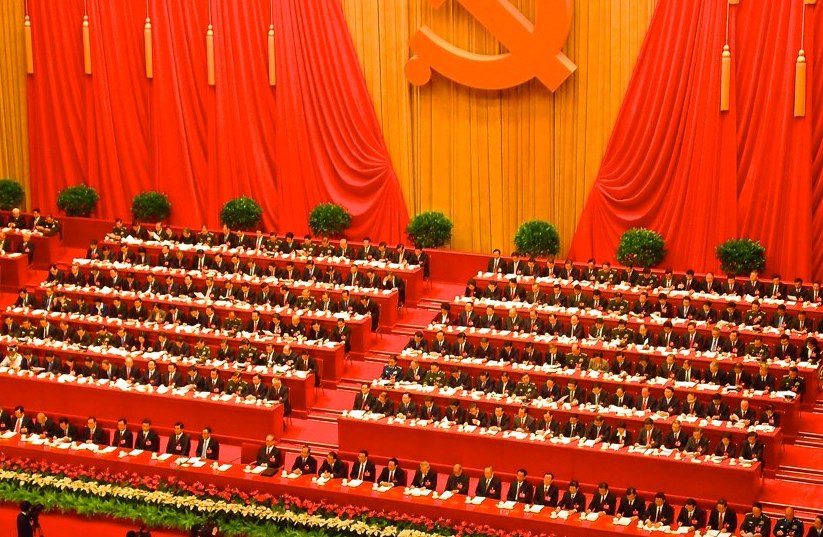This post is also available in: English Português
Tamara Taraciuk Broner, director of the Rule of Law Program, spoke with Al Jazeera about Venezuela’s presidential election that took place on July 28 2024, and the post-electoral repression.
COMMENTS FROM TARACIUK BRONER:
«After a relatively peaceful election day on Sunday, the government took several days to announce the results. After what they called a terrorist attack against the system, they announced around midnight that the government had won the elections with 51 percent of the votes. There is no evidence to substantiate the official results.»
«Being a reporter in Venezuela has its consequences. Part of the post-electoral repression includes detention of journalists. As a result, you’ll see journalists producing information in Venezuela who don’t put their names on the publications to protect their identities and safety. This information is then published and disseminated abroad.»
«When Chávez arrived in power he was able to connect with folks that felt totally excluded from the political system. [This was] at a time in which Venezuela had a lot of money and he spent a lot of money providing the social services to people in need. His ability to concentrate power allowed first Chavez and then Maduro to commit all sorts of abuses without any check on the executive power.»
[…]





